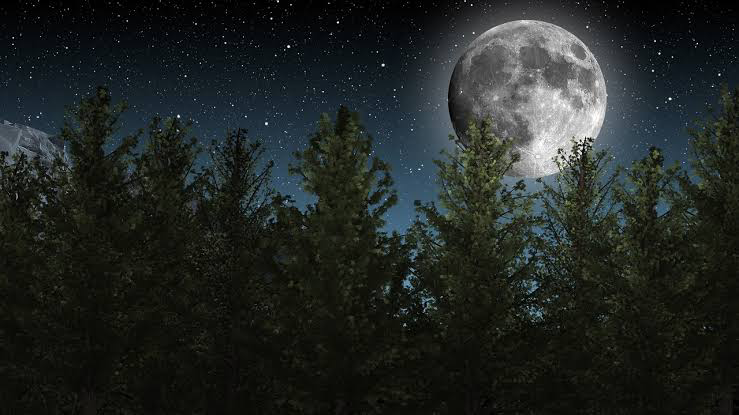Importance of Moon
The Moon: A Vital Companion for 🌎
The Moon, Earth's nearest celestial neighbor, is not just a large rock floating in the sky. It has a profound impact on our planet and its inhabitants. The Moon affects Earth in numerous ways, from its gravitational pull on the tides to its role in stabilizing the planet's axis. In this blog, we will explore the significance of the Moon for our planet and why it is so important to us.
Tides and Ocean Currents
The most noticeable effect of the Moon on Earth is its impact on the tides. The Moon's gravitational pull causes the ocean to rise and fall, creating the daily tidal cycle. This has a significant impact on ocean currents, which play a crucial role in regulating the Earth's climate. The ocean currents help distribute heat from the equator to the poles, which helps maintain a stable climate on Earth. Without the Moon's influence on the tides, the ocean currents would be much weaker, and the Earth's climate would be much less stable.
Stabilizing the Earth's Axis
The Moon also plays an important role in stabilizing the Earth's axis. The axis is an imaginary line that runs through the center of the Earth and defines the planet's rotation. Without the Moon, the Earth's axis would wobble and change over time, causing significant changes in the Earth's climate. The Moon acts as a "gravity anchor," helping to keep the Earth's axis stable and preventing significant climate change.
Formation of Life
The Moon's impact on the tides and ocean currents also played a crucial role in the formation of life on Earth. The tidal forces created by the Moon caused the ocean to rise and fall, creating shallow pools that were ideal for the formation of early life forms. These pools were protected from the harsh winds and waves of the open ocean, providing a safe haven for the earliest forms of life to develop. Over time, these early life forms evolved into the diverse array of life we see today on Earth.
Nighttime Illumination
Finally, the Moon has a practical impact on our daily lives by providing nighttime illumination. Without the Moon, the night sky would be much darker, making it difficult for humans to navigate and carry out their daily activities. The Moon's light has played an important role in human history, from guiding early travelers across the land to inspiring poets and artists.
Conclusion
In conclusion, the Moon is much more than just a large rock floating in the sky. It has a profound impact on Earth and its inhabitants, from its role in stabilizing the planet's axis to its impact on the tides and ocean currents. The Moon is a vital companion for Earth, helping to regulate the planet's climate, providing a habitat for early life forms, and illuminating the night sky. The next time you look up at the Moon, take a moment to appreciate its significance and the many ways in which it affects our planet and our lives.



Comments
Post a Comment